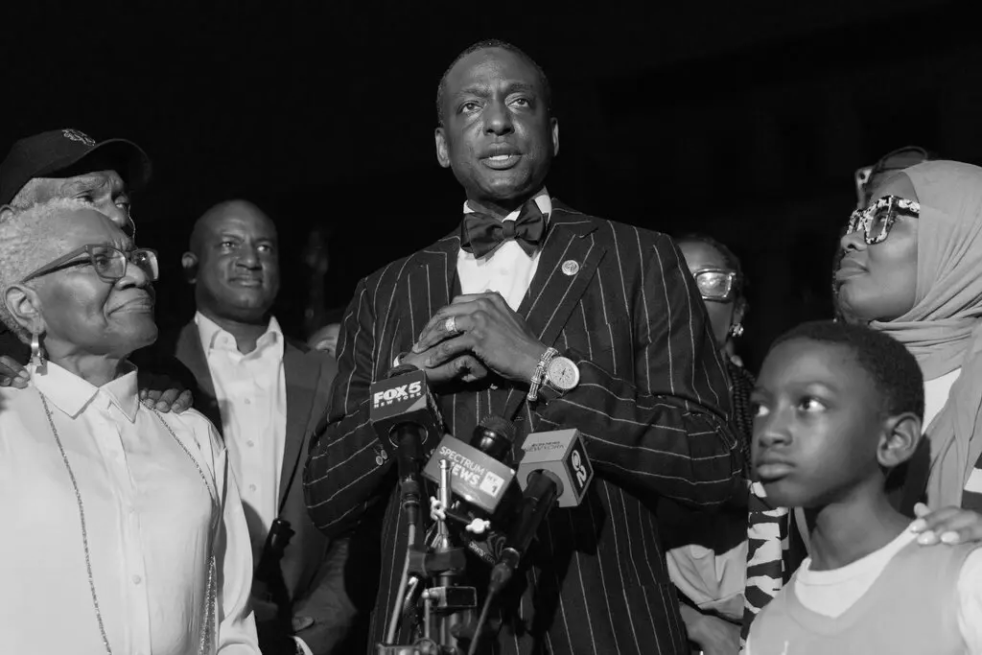SUPREME COURT DECISIONS
June 24, 2023 marked the year anniversary of Roe v. Wade, a landmark Supreme Court decision from 1973 that federally legalized abortion in the United States. Last year’s overturn of Roe v. Wade represented the culmination of partisan disagreements about reproductive rights, and the news gained national notoriety. This year’s anniversary saw nationwide protests, demonstrations and celebrations as citizens took to the streets to voice both their agreement and disagreement with the Supreme Court. Additionally, on June 29, 2023, the Supreme Court banned race-based affirmative action in higher education. This means that the holistic review policy that most colleges employ in their admissions process will no longer give any weight to an applicant’s race. Supporters of the ban cite the need for a meritocratic admissions process that focuses on applicants’ grades and extracurriculars. Conversely, those opposing the ban argue that meritocracy is often associated with wealth and privilege, which is not considered when aspects of an applicant’s identity, such as race and related socioeconomic disparities, are disregarded.
Also in the realm of higher education, the Supreme Court struck down President Biden’s student loan forgiveness plan on June 30, 2023. Biden’s loan forgiveness policy aimed to alleviate the student loan crisis for millions of citizens across the country, but the conservative supermajority of the Supreme Court blocked the proposal.
GUN VIOLENCE
Since 2014, the period between June 30 and July 7 — most notably marked by the long weekend for Independence Day — has seen about a dozen mass shootings, and this year was no different. With 16 mass shootings between 5 p.m. on Friday, July 3 to 5 a.m. on Wednesday, July 5, the casualty count saw almost 100 injured and 15 killed. Incidents took place across the nation in Washington DC, Illinois, Indiana, Kansas, Maryland, Michigan, Minnesota, Missouri, New York, North Carolina, Ohio, Oklahoma, Pennsylvania, and Texas with Maryland and Texas falling victim to two shootings each. Access to guns does not change over the summer; however, as Natasha C. Pratt Harris, professor in the Sociology Department at Morgan State University, explains, “during summer months, people are getting together in ways they aren’t in colder months.” Large outdoor events, such as block parties, are prime candidates for mass shootings. President Joe Biden spoke out against the violence in a statement on Tuesday where he talked about the “wave of tragic and senseless shootings in communities across America.” As it exists now, the US is on track for one of the worst years of mass shootings according to the Gun Violence Archive.
YUSEF SALAAM
Yusef Salaam was declared the winner of the Harlem City Council primary race with more than double the votes of Inez Dickens, his closest rival in the race.
Salaam was one of the Central Park Five, a group of five Black and Latino teenagers who were wrongfully convicted for the assault and rape of a female jogger.
To many, the case represents the injustice of the legal system against Black and brown people as five teenage boys were tried as adults and found guilty despite inconsistent confessions, exclusionary DNA evidence and no eyewitness accounts.
In light of this event, Salaam said in a statement that “this [win] is a victory for justice, dignity and decency for the Harlem community we love.”
Salaam believes this election could bring about a generational shift in Harlem and is planning on primarily focusing his term in the Harlem City Council on relieving the lack of affordable housing in the city, halting the loss of Black residents and increasing the presence of social services facilities — including drug treatment.
